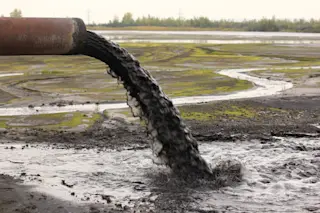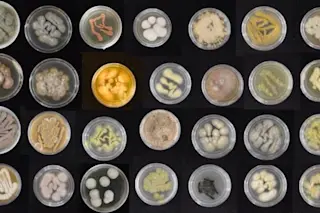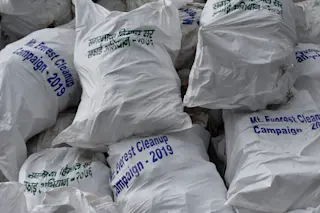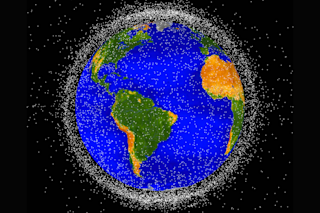When the Bush administration declined to tighten standards for arsenic in drinking water, its argument focused on economics: Limiting the heavy metal to 10 parts per billion, as the World Health Organization recommends, would cost too much. Xiaoguang Meng begs to differ. He and colleague George Korfiatis, both at Stevens Institute of Technology in New Jersey, have developed a filtration system cheap enough for villagers in Bangladesh, where groundwater is naturally contaminated with arsenic.
Meng's process requires just two buckets, some sand, and a tea-bag-sized packet of iron-based powder. Pour tainted water into one bucket, along with the powder, and stir. Arsenic bonds to the iron and coagulates out of the water. After a minute, pour the mix into a second bucket filled with 4 inches of sand. The sand filters out the arsenic-iron particles, leaving the water pure. In yearlong pilot tests with 300 Bangladeshi families, Meng measured arsenic ...














